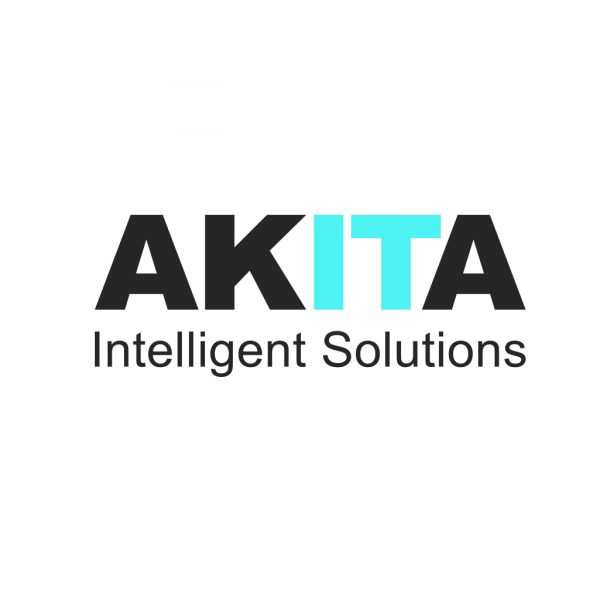Manufacturing is undergoing its most significant shift in decades. Competitive advantage is no longer dictated purely by production volume or labour cost – it is driven by agility, real-time intelligence and the ability to innovate at speed.
Digital transformation is now the primary lever for profitability, operational control and resilience across the supply chain.
Forward-thinking manufacturers are increasingly leveraging Microsoft’s ecosystem – Dynamics 365, Azure, Power Platform and modern workplace tools – to create smarter, connected and sustainable plants. The result is a unified technology foundation that streamlines operations, improves decision-making and enables continuous innovation.
The transformation journey typically follows five strategic stages. Together, they take manufacturers from insight and alignment through to scale, automation and future-proofed performance.
1. Assess & Define Strategic Objectives
Digital transformation delivers the highest value when it starts from a position of clarity and shared direction. Before implementing new platforms or automation capabilities, successful manufacturers invest time in understanding where inefficiencies sit, what’s limiting growth, and which technology gaps are preventing the next level of performance.
Using Microsoft Catalyst methodologies, organisations can rapidly evaluate their maturity, map operational bottlenecks and quantify improvement potential. This early-stage diagnostic ensures transformation is outcomes-led, not technology-led. It also supports stakeholder buy-in, enabling senior leadership to align on priorities, investment and delivery pace.
Clear objectives set the tone for measurable ROI – whether that means reduced downtime, improved OEE, faster throughput, cost-to-serve reduction, or sustainability targets.
2. Optimise Core Processes With Connected Data
Disconnected systems remain the Achilles heel of many factories. Siloed data introduces delays, undermines forecasting accuracy, and makes performance tuning reactive rather than intelligent.
By unifying operational data through Dynamics 365 and Azure IoT, manufacturers gain real-time visibility of machinery, production lines, inventory and supply relationships. This creates a single operational truth across planning, scheduling, engineering, quality and finance – unlocking standardisation and leaner process execution.
Connected data also enhances traceability and compliance readiness – critical in sectors where auditing, regulation and ESG commitments are becoming non-negotiable.
Once core processes are digitised and connected, optimisation becomes continuous rather than episodic.
3. Enhance Agility Through Automation & AI
With connected data in place, manufacturers can take the next step: moving from reactive firefighting toward proactive, predictive operations. AI and automation play a vital role here.
Toolsets such as Power Automate, AI Builder and Azure Machine Learning make it possible to automate repetitive workflows, orchestrate production responses, and predict demand or machine failure before it affects output. This agility improves time-to-market, supports right-sizing inventory, and protects uptime in labour-tight environments.
Automation is not simply about cost efficiency. It is a strategic capability underpinning flexibility – enabling plants to respond faster to customer requirements, supply-chain disruption and new product introduction.
4. Empower The Workforce & Upskill Teams
Technology investment only delivers transformational value when the workforce is enabled to use it effectively. That means equipping staff with modern digital tools and a connected workplace environment that supports both on-site and remote specialists.
Microsoft Teams, Power Apps and SharePoint elevate collaboration across shifts, sites and engineering roles. Digital knowledge hubs ensure workers can access support in real-time rather than waiting for specialists to attend in person. Embedded training capability also accelerates onboarding and reduces costly on-floor delays.
Many manufacturers are now building citizen-developer capability – empowering engineers or production leads to create light-touch apps to streamline process steps without waiting for full development cycles. This keeps innovation close to the shop floor, where value is most visible.
A workforce that feels enabled, not replaced, becomes an active driver of transformation.
5. Scale Innovation & Drive Continuous Improvement
The final stage is to move from incremental change toward a culture of continuous optimisation. Once a manufacturer has operational visibility, automation and a digitally enabled workforce, it unlocks the environment needed for ongoing performance evolution.
Through Azure analytics and Power BI, leaders can benchmark performance, track incremental wins, and surface patterns that inform strategic planning. This supports complex innovation efforts such as sustainability programmes, carbon monitoring, smart factory rollout, and autonomous production initiatives.
Instead of transformation being a one-off intervention, it becomes a living framework for improvement – one that strengthens financial resilience while future-proofing the organisation against disruption.
Why Microsoft Is The Digital Backbone For Modern Manufacturing
Microsoft’s manufacturing stack brings four advantages that alternative platforms often cannot replicate:
• Interoperability with existing investments
• Enterprise-grade security and governance baked in
• Modular scalability – organisations can modernise at their own pace
• Rapid time to value, especially for mid-market and large-scale plants
By aligning cloud, ERP, analytics and automation under a single architecture, manufacturers eliminate integration friction and achieve a connected operating model faster. That foundation is what enables smart factories, predictive maintenance, energy optimisation and real-time performance insight.
Why Work With Akita
Manufacturers continue to choose Akita because we combine solution design with hands-on industry understanding. Our specialists help leaders cut through complexity, identify where the biggest wins sit, and build a roadmap that delivers measurable commercial outcomes.
We support organisations across the full transformation lifecycle – from diagnostic discovery through to deployment, adoption and continuous improvement. The focus is always on enhancing performance, building resilience and helping organisations scale innovation without operational risk.





